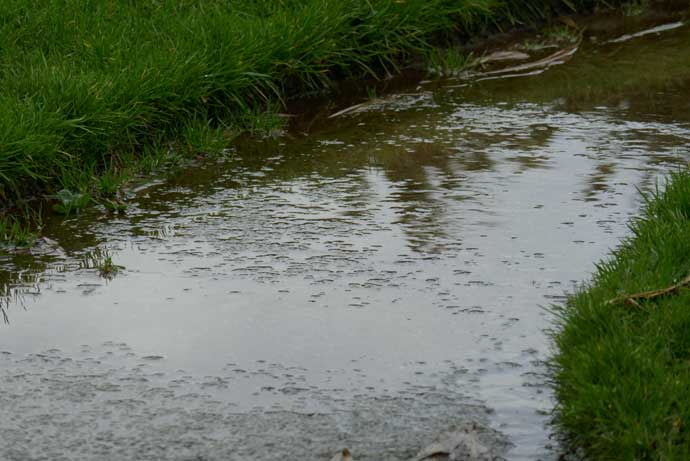Virtue?
We’re like self-appointed prosecutors, loudly getting ahead of the judgement in a show trial. The more emphatically we condemn, the more we believe we’re telegraphing our best qualities.
We compete to throw the first stone. Somehow, we manage to believe that our stone-throwing gets us in with the compassionate crowd.
How did democratic, live-and-let-live, laissez-faire liberalism turn into such a rigid orthodoxy?
When did being a nice, fluffy, kind person become so hard-line compulsory?
I almost hesitate to write this, but somebody should call up a certain disgraced film producer just to check that he’s okay.
Virtue is elusive. It requires courage. I suspect that it can’t be found in crowds. I suspect that it can’t be found in following. It’s a thing of the soul and presents a question every time we act or react. If we answer that question wrongly, that wrongness is at least as much our own as anybody else’s. We may transgress in the public domain, and there may be a penalty, but the real work is in our understanding.
And perhaps we come by stages to knowing that. Perhaps we learn something valuable by making the journey from one answer to another. There’s a moving passage in Lauren St John’s Rainbow's End: A Memoir of Childhood, War and an African Farm (Hamish Hamilton, 2007) in which she describes the process of realising that the propaganda of her childhood was a wrong answer. I remember thinking as I read it that there’s something of that journey in all our lives – although perhaps not quite so much of it as Lauren St John faced.
Perhaps we’re all wrong, to some degree, and working towards right. Perhaps, when we arrive at (or start from) an apparent certainty, we should at least hesitate to use it as a weapon.
Even if that's as far as our humility goes.
Profumo went on to be awarded the CBE for his charitable work, in 1975, and Wikipedia tells me that Margaret Thatcher once described him (in the charitable phase of his life) as a “national hero”. He was present at her birthday party in 2005, apparently. “There are no second acts in American lives,” wrote F Scott Fitzgerald, and these days, it seems that there are no second acts in any lives, particularly those that have been trashed online.
Profumo’s disgrace led to a second (British) life, and a fulfilling, useful one at that. All the condemnation, all the rabid monstering, need not be the end. What you survive, and then rise above, finding your own uniquely chastened wisdom on the way, makes you stronger.
The curtain can come up again, and won’t we be missing something if we’ve already turned away.

